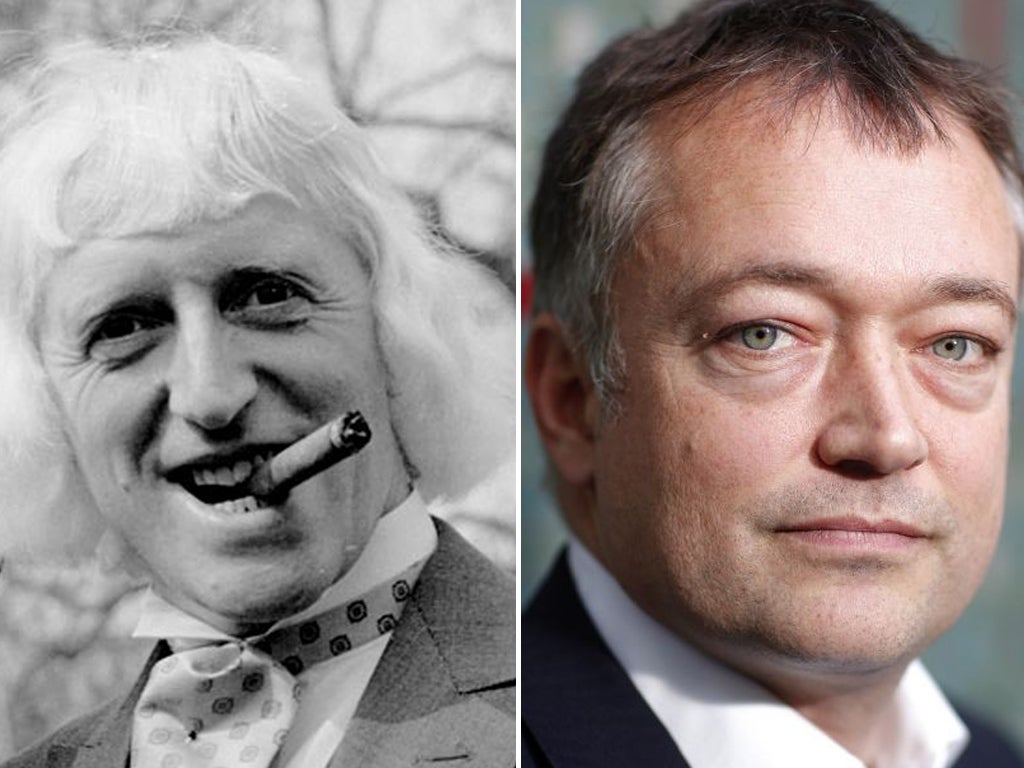Newsnight, the Jimmy Savile scandal, and the enduring belief in self-criticism at the BBC
Yes, this is a disaster for the Corporation. But do you know of another organisation that has such standards, rigour and honesty in scrutinizing itself?

Amid the leaked emails and the embattled executives stepping down or aside and the legitimate questions about whether this is its worst crisis in 50 years or only its second worst, it’s hard to see this as anything apart from a catastrophic period for the BBC.
The broadcaster has for donkey’s years been so firmly in the public’s affections that not even the most determined efforts of its many critics in the media have been able to dislodge it. But even in the best-case scenario from this point, it will face a long and arduous road to win back the trust that has so long been taken for granted.
And yet, curiously, and seemingly almost unnoticed, this calamity has also been a reminder of what’s unique about the BBC. (In noting it I should say that my father worked there a little over a decade ago, so you might reasonably think I’d be biased, although I don’t feel like I am.) Part of what makes the latest developments in the Savile affair so compelling is the utter strangeness of Panorama investigating Newsnight, and doing so in what seems to have been a pretty fearless fashion.
As the corporation’s usual enemies rub their hands in glee at this evidence of internecine war, it’s worth acknowledging the curious fact that as well as destructive, this is also incredibly healthy behaviour for a news organisation. Try to imagine anything like it happening anywhere else - an investigative reporting team at the Mail, say, being allowed to pursue colleagues at the paper over a story they’d apparently covered up – or, as Panorama also did, putting together a press release along those lines and sending it out without the company’s senior executives getting a veto-wielding go at it first.
It simply wouldn’t happen. Now, in one sense this is understandable; since a newspaper isn’t publicly funded, we haven’t the same right to assume it will act exclusively on our behalf. All the same, it’s a salient difference. Even as the BBC has made a pig’s ear of this whole sorry affair – one which it’s quite proper for every outlet to report on aggressively - it has also provided unmistakeable evidence of why it’s such an exceptionally valuable part of our cultural landscape.
The Hutton affair left the Beeb cowed and unwilling or unable to defend itself against its critics in a way that still reverberates now; when the dust has settled this time around, I sincerely hope we don’t forget the things we valued about the organisation in the first place, or how those values were in some quarters defended even in its darkest days.

Join our commenting forum
Join thought-provoking conversations, follow other Independent readers and see their replies